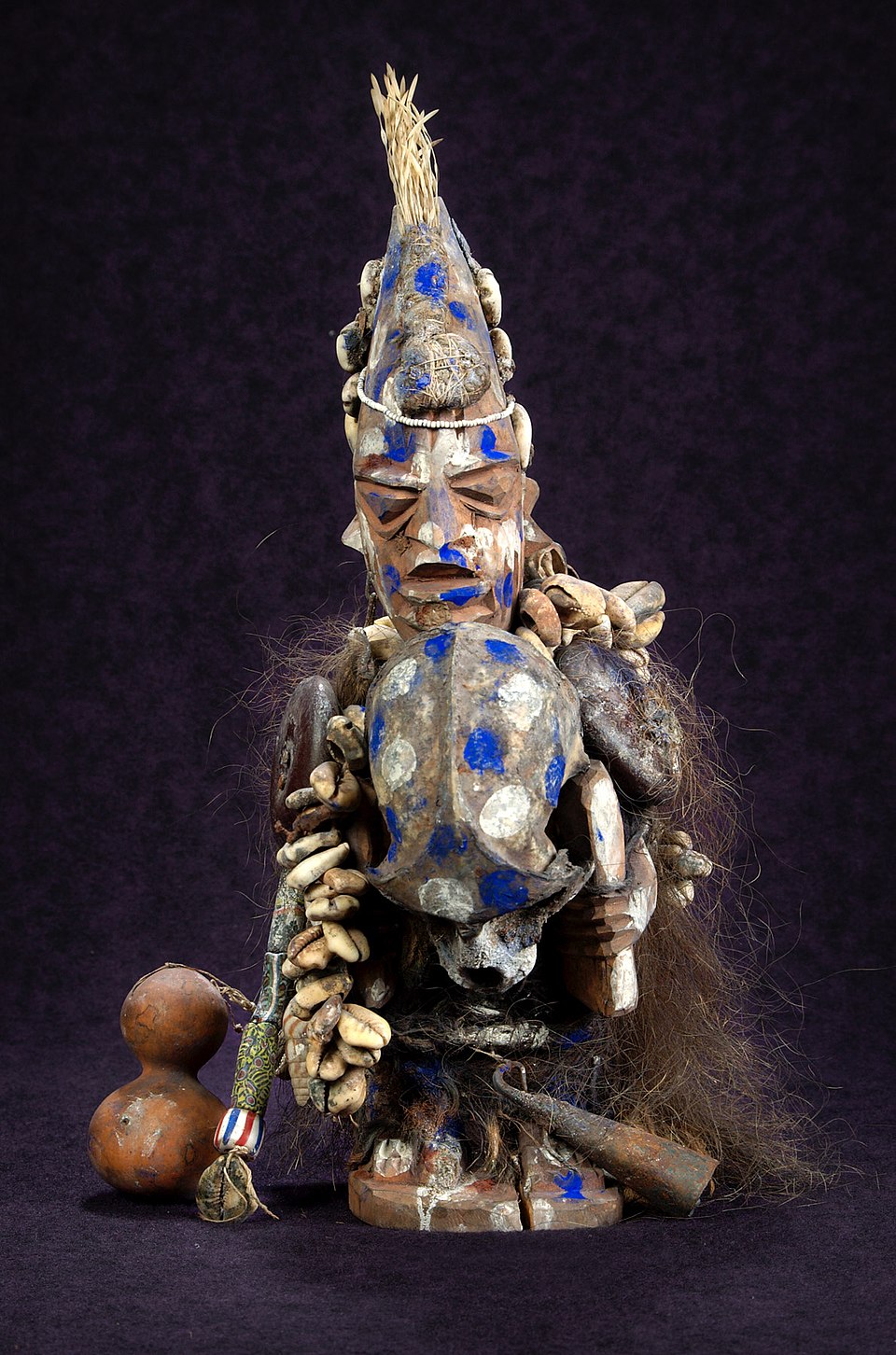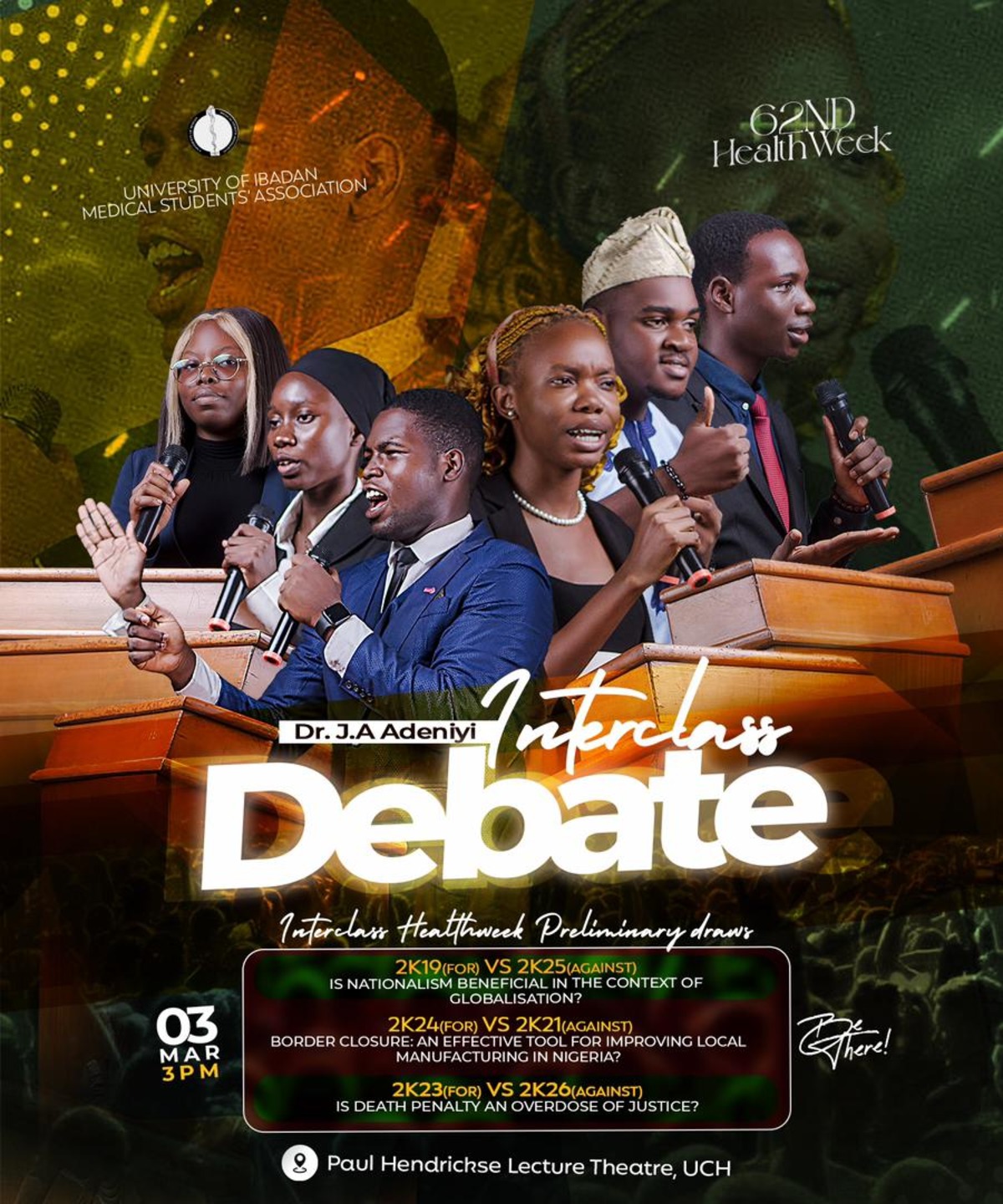The Chronicles of the Second Longest Academic Strike in Nigeria – Yet. Vol. 6

A part that is often overlooked is the effect of recurring ASUU strikes on the university system and the quality of education. We all know that it extends the time students stay in school. However, what about the things that usually transpire while the students are in school? We spoke with the most relatable members of staff who could help us examine this.

Good evening, Ma. Can we get to know you?
I am a senior technologist in the department of zoology.
What is the original capacity of this lab?
This lab cannot take more than 60. We have 9 tables here and each table should take 6 students, maximum of 8. So the maximum capacity that this lab was intended for is 60. The 60 was based on the number of admitted students per year during that time.
How many students does the lab have to cater to now?
Presently, per group we have an average of 100. We have two groups per day. We run the practical three days in a week, that makes it 6 times a week. We run the same practical for two weeks. This implies that one practical is done twelve times to cover the number of students we have. Now, a lab that should cater to just 60 students is catering to 1200 students.
Has there ever been a time when the lab was efficient?
During our own time, everybody had the chance to make use of the equipment, each student had access to their own equipment. That means you as a student are accessible to your microscope. Yes, a student to a microscope. Now, we have made it a minimum of 10 persons to one microscope. You can see how that has affected the effective learning in the laboratory.
What measures have been taken to access and manage this situation?
That is how we came about grouping. For every student to participate in the practical, we have to make use of what we have at hand. So that every student can at least learn. The groups do the practical together and they will have to share the values. This means that there are times that not all the students will be actively involved in the practical.
We have been talking about the effects on the lab and on the students, what about the effect on lab technicians?
Since the time I have been here, it has been up to ten years, no technologist has been employed. People are leaving the system. This means that ten years ago, we had more lab technicians than we do now and on the other hand the number of students has increased. As the students are increasing, we are reducing and they are yet to employ new people.
When the lab had 60 students, the practicals were held every week as opposed to now that the practicals are held bi-weekly. Can you compare the number of practicals the students did then to the number the students now do?
Then, students used to do up to 12 zoology practicals in a semester. Now, they are doing half or even lower. We have not been able to cover enough experiments per semester. We have only been able to do the number that time and resources allow us.
What has the effect been on the students?
The effect is very much. If you see the performance, the way some of the students submit their work. And you’ll realize that they’ve not really learnt much.
There is a difference between learning and actually gaining knowledge. Some students may not understand what is being done, but because they are in a group, they will just dub from their teammates. The crowd influences them, when there are more people, the instructors cannot see everybody.
In what other way has the negligence of the government affected the school system?
Yes, one of the ways is that there are not enough laboratories, not only that- even the equipment. Even water for this lab. Water is not running in this lab, a zoology lab for that matter. I had to pay from my own pocket to get water for today’s practicals. This is not supposed to be. Water should be readily available. The funding is not enough to manage the organizations within the university.
We now have to improvise. But if they had made adequate provision, we would not have to improvise and manage resources.
Ma, you said water is not running in this laboratory. Is that how it has always been?
Actually, since the time I have been here, it rarely runs. If it runs, maybe once in a while. I can count the number of times it has worked for the past ten years. The issue is that the water for the lab is still channeled to the same system from when this lab was built years ago.
What do you think is the solution to these issues?
Everybody is entitled to quality education. The solution is definitely not in reducing the number of students that are admitted. No, it means they are depriving other students of quality education. More resources should be provided. Government should ensure that the laboratories are adequately funded. If funds are released, it should be followed up. They should see if the funds are being used properly.
There should be a committee that will follow it up. Since the time I have been in this campus, there have been situations where people are sent from up there to come and execute the project and the project will not be properly executed.
The part where it stops and the project is not properly executed, is it on the part of the government or the university management?
It is on the part of the government. They do not give the projects to the university system directly. The people to execute the project are usually sent from above.
Thank you for your time, Ma.

Good morning, Sir. Can we know you?
My name is Olubanke Paul Olusoji, and I am the most senior laboratory technologist in the Department of Anatomy, College of Medicine, University of Ibadan.
Thank you, Sir. What is the actual capacity of the laboratories that you manage?
The Department of Anatomy has six laboratories – both research and routine laboratories. We have about three research laboratories, and one of them is around the school museum. We have another one, the molecular laboratory, here in the department and the central laboratory of the department which is fondly called the multipurpose laboratory. Then, we have the teaching laboratories, of which the histology laboratory is one of them. We have the gross anatomy laboratory (popularly called the dissection room), and the commercial embalming laboratory. It is called commercial because we embalm private bodies in it. The current strength is between 250-300 students. We are dealing with physiotherapy, nursing, and dentistry students and not just MB;BS majors. Altogether, from these departments, we have about six hundred students.
How has the ratio of the laboratory capacity to the number of students been, over the years?
That is a very big question. For instance, our histology lab originally accommodates about hundred and fifty students at once, but most of the time, we have over two hundred and fifty students and we try to manage the surplus. The neuroanatomy laboratory can take up to a hundred and twenty students but we usually have more than that.
In the Department of Zoology, there is a disturbing uneven ratio between the number of students and the laboratory capacities, considering the number of admission intakes per session. Do we have something like that in Anatomy?
Oh! Yes, of course. The facilities that we have are not enough to take care of the total number of students that we have. So we divide the students into several practical batches. Right now, 200-level Basic Medical Sciences students have an anatomy practical thrice a week; Wednesday, Thursday, and Friday.
How has the growth in the number of medical students been since you became the Head here?
Some years back, we used to have a very large number of medical students. Over the years, the university had to look into the available resources and the NUC also intervened during accreditation and issued a quota to the university that governs the number of admitted students per year based on the resources available.
Has the Quota been followed over the years?
Yes, it has been followed, and it makes the laboratories very efficient for students.
What effect has the surplus number of students had on laboratory technologists over the years?
The system I met here is a functioning working ratio of lab technologists to lecturers, which is 1:4 respectively. It means four lecturers to one laboratory technologist. But it is not like that now because there is a shortage of staff (technologists) in the department and we are forced to work with what we have. For instance, there are about three technologists in the Department of Anatomy currently which is not sufficient but work must continue.
So it means that there are over twelve lecturers in the Department of Anatomy presently?
Presently in Anatomy, yes. We have normal lecturers and associate lecturers – who are not primarily full staff members.
Okay, that is on the laboratory technologists, what effect has it had on students?
Well, if we have a good number of technologists on the ground, we won’t have congested practical classes. The optimum ratio would be about twenty students to one technologist, unlike now that we have almost a hundred students to one technologist.
Is there a specific effect on the quality of education, on the side of the students?
If we have a lesser number of students in a practical class, it makes the class more engaging. For instance, in the human dissection laboratory, we have ten students per cadaver (dead body intended for dissection), but outside the country in saner climes, there is the possibility of having two students for one cadaver. Even in some other institutions in the country, we can have about fifty students to one cadaver, especially some of the private universities. So presently, I can even say the university of Ibadan is the best, for being able to provide one cadaver per ten students in the laboratory. To be honest, it is not easy to procure cadavers.
In all of this, where does the negligence of the Federal Government come in?
The Federal Government has not been responding positively to the plight of the university system. Take, for instance, the just concluded strike – that may resume anytime from now again – which took that long to get resolved because the FG didn’t listen to the demands of academics. There were a series of dialogues, in which politics came into play. The 200-level students started their dissection classes a little bit late. Normally, the department procures the cadaver ahead of time but the ones we planned to use at the beginning of the session (twenty to be precise) got destroyed due to the prolonged strike. So we had to make another order to get a new set of cadavers which is why they started late. That is one part of the effects of the strike because the cadavers dried up and became unusable for the students.
What feasible solution do you know that can solve the uneven ratio between laboratory technologists and students? Is it by increasing laboratory capacities? Or employing more hands?
Well, there are so many things to look into. You can talk about more laboratory structures, employing more laboratory technologists in the system, and procurement of more laboratory equipment. For example, all the microscopes in the histology laboratory are expected to be replaced. Over the years, this equipment deteriorate and we need to get new ones for the new intake of students to have better practical sessions.
Who shoulders the cost of procuring new equipment?
The university and the department. For example, Anatomy will make a request to the university, and they will work on the provision.
How long has it been since a laboratory technologist was employed last?
For about two years now, there has been an embargo on the university by the FG. What it means is that the management cannot employ new staff members. But recently, we got the news that the embargo has been lifted partially for the academic staff members.
We appreciate your time and energy.
Thank you very much for making yourself available for this interview session.
The cumulative effects of academic strikes on various groups of people in the university system add up to a significant economic impact on the country. This is seen when universities churn out graduates who are expected to use the knowledge they have acquired to contribute positively to the economy. Is this feasible when educational quality is subpar? Keep an eye on this as we examine the effects of recurrent academic strikes on the country’s economy in the next volume. The grand FINALE!
Peter Adeyemo and Afeezah Wojuade.





Good work guys, this was a good read and insight too.